At Paleovsketo, we believe this starts with being aware of all the ingredients and sources in what we consume daily.
By understanding how our diet works together with our lifestyle and habits, we can begin the journey to better health.
It's not just about eating the right food; it's also about developing positive behaviors for lasting changes.
The key is basically learning to trust yourself and your intuition when it comes to deciding what’s best for your body.
For example, instead of trying a certain trend because everyone else is doing it or looking at calorie counts on packaging labels while shopping, focus on maintaining an overall healthy mindset and getting into the habit of aiming for a wholesome diet made up of mostly whole foods.
This will bring clarity around choosing better options no matter where you are or what’s available.
Ultimately, only you know what fits within your life and dietary needs - so have faith in yourself!

Frequently Asked Questions
What is the most effective way to do intermittent fasting for weight loss?
Intermittent fasting, at its core is about changing how you eat. Intermittent fasting involves timing your meals to effectively lose weight or burn fat. It can improve your metabolism and lead to better health outcomes by regularly switching between eating and fasting.
Which intermittent fast patterns are most effective for weight loss? You may find success with several approaches depending on your goals, lifestyle, and needs.
The 16:8 approach is a good fit for people who are looking to make a small lifestyle change. This involves fasting 16 hours straight and eating all of your meals in 8 hours. Then, you finish the fast with an evening snack or early dinner. This strategy is a great way to begin the weight loss/maintenance process without feeling overwhelmed.
If you are looking for more radical transformation, the 5:2 Intermittent Diet may be for you. This is a diet that allows you to fast on two days per week while still eating normal calories on five days. Non-fasting days should be used to consume nutrient dense foods, but not limit how many calories are allowed. This is a very discipline-intensive pattern. Tracking macronutrients, understanding your fuel needs, and how to get them, will ensure you achieve the desired results quicker.
Consistency is essential no matter what method you choose if you want to see results from Intermittent Fasting! One person may prefer to adhere strictly while another person might choose to prioritize healthy eating whole foods over strict adherence. This is why it is important to know your own goals before you assume someone else will experience the same results.
Is 16/8 Intermittent Fasting right for me?
Examining intermittent fasting and your particular lifestyle can be a critical deciding factor when making dietary changes. 16/8 intermittent fasting allows you to eat within a 8-hour window, and then fast the 16 remaining hours of each 24-hour cycle. The health benefits of intermittent fasting have been well-documented. But it is important to understand the pros and cons of this method.
Delving into the specifics of 16/8 intermittent fasting will better prepare you for making this decision. The goal is to reduce overall calories without feeling uncomfortable or restricted. It can be as simple as skipping a few meals throughout the day or eating at specific times, such as breakfast, lunch, and dinner. Understanding how much food you need and how often will help you create an optimal plan to stay on track with your nutrition goals.
Understanding your body's needs is the first step to determining whether 16/8 would be a good fit. Variables such as activity level, hormonal imbalances, medical conditions, stress levels, age, and genetics come into play when evaluating one's dietary preferences and food choices. You might find intermittent fasting not to be best suited for your needs or those of your family members. Many diets are available, from low-carb to high fat and healthy eating plans. So don't let it discourage you if one doesn’t suit your needs.
No two bodies are the same. This is why it is important to take into consideration all possible diets when looking for the best for you. Be honest with yourself after reading about 16/8 intermittent fasting. Before you commit to long-term, make sure to assess your own eating habits and find the best one for you.
Can lemon water break your fast
Although fasting can be extremely beneficial, many feel afraid of breaking it. The question is: Will lemon water break your fast or not?
This may surprise you. It won't in moderate amounts. Citrus fruits can be eaten during fasting because they contain nutrients and vitamins that regulate digestion and help make up for any missing meals.
Furthermore, lemon juice has evidence-backed benefits while fasting, such as increased metabolism & hydration levels, improved fat-burning capabilities, and enhanced nutrient absorption rates. You might find that allowing natural citrus flavours to guide you on your fasting journey is what will unlock the unique experience that has been within you.
Studies have shown that sugar-free lemon juice is better consumed before breakfast, especially if you are fasting. This stimulates your digestive juices and helps you get started to your day.
Remember, more is not necessarily better. Limiting your intake to 2 tablespoons per day of fresh lemon juice is safe and will not affect the results of your fasting.
Keep your chin up, because you can still enjoy great breakfast flavours and not lose vital nutrition. This could make every day extraordinary!
What are some guidelines for intermittent fasting
To unravel the mysteries of intermittent fasting, you need to understand the rules and regulations. This dietary practice focuses on limiting your caloric intake or meals to specific days or hours rather than daily.
Intermittent fasting is essentially a way to avoid eating for long periods. Then, you will have periods where you eat and then periods when your body stops eating. This can simply be calorie restriction that restricts calories to a certain time and day. Intermittent fasting is a good choice for improving your mental and physical health. It can lead to increased energy levels, focus and concentration, less inflammation, lower blood sugar levels as well as balanced bloodlipids and lucid dreaming.
But fasting isn't something you should jump into without any preparation or guidance -- establishing proper parameters is essential when setting out on this journey so that you can safely reap its many rewards. While these rules may vary depending on which type of fast someone is following (e.g. partial fasts or complete fasts), the basic guidelines for intermittent fasting are: Choose a time frame in which you will eat, choose meals with low glycemicindex, hydrate well, avoid snacking, exercise before and after eating, cycle your fasting periods between one and several weeks, and take plenty of rest.
Following these tips will go a long way toward helping you lay the groundwork for successful intermittent fasting sessions so that your experience is both healthy and enjoyable!
What is permitted and prohibited during intermittent fasting
For the best results, it's important to be familiar with the rules of intermittent Fasting. It's not enough to eat less. You need to make sure you eat the right type and amount of food during certain times.
Intermittent fasting refers only to the times you won't eat any food or when you are required to abstain. These "fasting window" periods last from 16 to 24 hours. They allow your body enough time to digest complicated foods, cleanse itself, and speed your metabolism.
But, you don't need to fast. These periods are allowed for the consumption of nutrient-rich beverages such as water, lemon water, and tea. You can also indulge in calorie-free snacks such as vegetables and fruits - the only restriction here is that they have to be consumed without any added fat or oil.
You shouldn't eat high-calorie food and sugary treats after your fast, but it is a good idea to eat healthy. After the recommended number of hours you have been fasted, you can start to add unhealthy foods like chips and other unhealthy options. These will quickly undo all the hard work. You should aim to consume low-glycemic index foods in your feeding windows, and instead focus on nutritious options like whole grains and lean proteins.
Remember that intermittent fasting does not work for everyone. Everybody is different and will respond to a different diet. If you have any health issues, consult a doctor before starting any new eating plan. You should also ensure that you get adequate rest and that you stay hydrated throughout the entire process.
What length of fast should I keep for intermittent fasting in order to lose weight?
Intermittent fasting for weight loss requires that you examine your motivations and set realistic goals. It is possible to lose weight fast by fasting for longer periods, but not everyone will like it.
It is important to establish how often and how much time you will fast in order to achieve your goals. What number of hours and days will you be able to commit each week? This depends mainly on what type of routine you want - daily 16-hour "time-restricted feeding" or anywhere from one to seven days of water fasting - as well as factors such as physical activity level, current health status, and overall well-being.
Listening to yourself is the most important thing. You should assess your appetite and energy levels during the day. Not all diets are suitable for everyone. If you don't like a certain diet, there are many options, such as semifasting and eating two meals a days.
When done correctly, intermittent fasting gives people more feedback about their bodies, providing insights into potential dietary triggers of inflammation and disease prevention, plus improved focus on physical goals like weight management. It offers a practical framework to live a healthy life. By taking us out our comfort zones, it motivates us to achieve our health goals.
Statistics
- IF participants) IF resulted in weight loss, ranging from 0.8% to 13.0% of baseline body weight (Table 1). (ncbi.nlm.nih.gov)
- When diet composition was controlled, most protocols were consistent with Health Canada and American Heart Association guidelines: 55% carbohydrates, 20% fat, and 25% protein. (ncbi.nlm.nih.gov)
- The rigor of fasting also varied, with several studies allowing 25% of regular caloric consumption during fasting periods. (ncbi.nlm.nih.gov)
- IF trials found weight loss of 0.8% to 13.0% of baseline weight with no serious adverse events. (ncbi.nlm.nih.gov)
External Links
[TAG55]
[TAG57]
- Nutrients
- 24-Hour Fasting With Diabetes: guide for physicians advising patients about medication adjustments prior to religious observances or outpatient surgical procedures - Grajower – 2011 - Diabetes/Metabolism Reviews and Research - Wiley Online Library
[TAG60]
- Influence of short-term repeated fasting on the longevity of female (NZBxNZW)F1 mice - ScienceDirect
[TAG62]
- Oxford Academic
- Effect of an Intermittent Calorie-restricted Diet on Type 2 Diabetes Remission: A Randomized Controlled Trial
How To
Exercise while you practice intermittent fasting
The key to unlocking the ultimate fitness program is to focus on details that are often forgotten. It's not about how many calories they burn, but what they do with them.
Smarter food choices can make it easier to exercise more and be healthier. It's here that intermittent fasting is and exercising comes in.
These methods will enable you to be successful in controlling your hunger and food temptations, while still achieving what you desire. Both of these methods can be used together to produce amazing metabolic results.
Intermittent Fasting is a way to stimulate fat oxidation using hormone levels. This can be combined with regular exercise and research has shown it to be an effective tool in weight loss. This practice allows you to switch up your body's energy source so that stored fats are more accessible for fuel during your workout sessions-- making each session more effective!
When practicing intermittent fasting and exercise, reducing caloric intake allows more intense workouts without sacrificing energy or performance output. This combination can reduce muscle protein oxidation from exercise as well as the oxidative damage caused by frequent hard workouts.
Start experimenting with these powerful combinations and start taking control of your transformation today!
Resources:
 |
[TAG65]@doctorspandana #doctorspandana#weightloss #intermittentfasting #obesity #explian #howtoreducebellyfatfast #ukteluguvlogs #health #doctor Join with me I |
 |
[TAG66]Ive reached my goal weight, but I need to gain muscle. I need some advice/direction. |
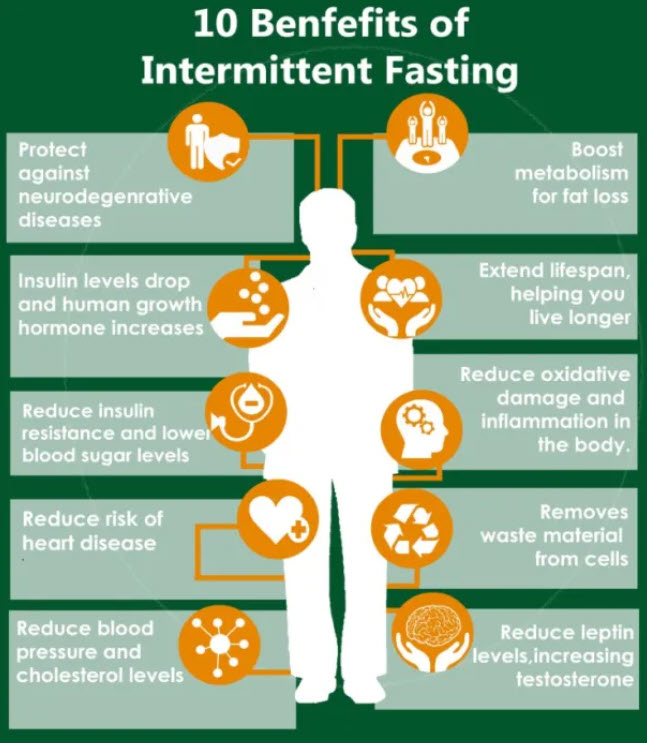 |
[TAG67]Weight loss with Ketosis |
 |
[TAG68]Just realized I invented yoga. |
 |
[TAG69]What happens when protein intake is not 2g/lbs? |
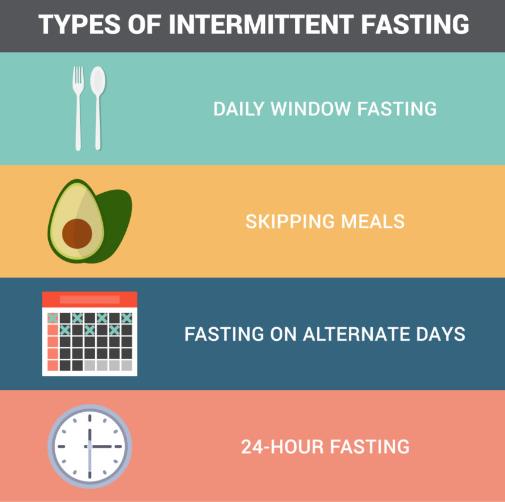 |
[TAG70]While intermittent fasting for pregnancy has its benefits, it can also be dangerous. Read on to learn more about the risks and benefits of.. |
 |
[TAG71]Don’t know where else to post |
 |
[TAG72]High fiber high carb foods causing insomnia? |
 |
[TAG73]Autophagy is a dynamic degradation system that promotes tumor survival. It also promotes the growth of established tumors and facilitates metastasis. .. |
 |
[TAG74]Intermittent fasting is one of the best tools for weight loss. There is one enormous secret that can help ensure that you see a huge weight loss |
 |
[TAG75]Discover the Hidden Truth about Intermittent Fasting with neuroscientist Andrew Huberman! In this video, learn the science-backed benefits that they don't tell |
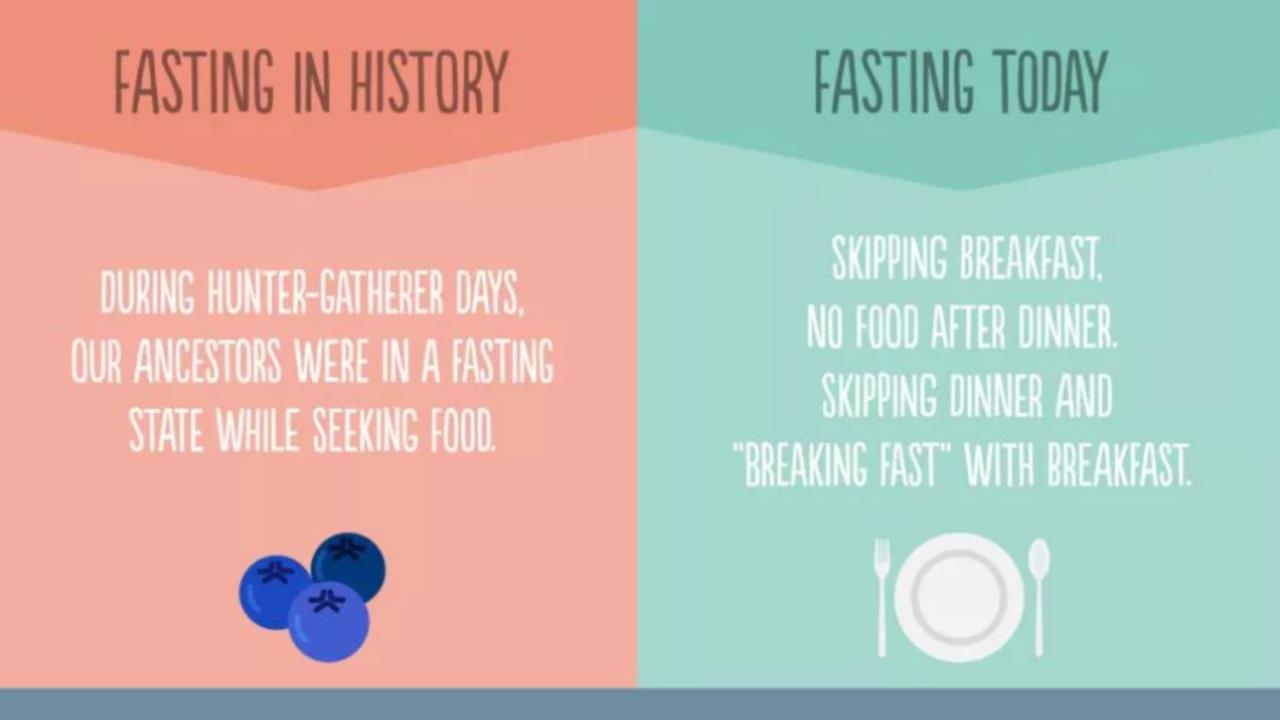 |
[TAG76]Skipping breakfast has a number of benefits, including the ability to lose weight, improve training performance, and increase growth hormone levels... |
 |
[TAG77]Live discussion and I answer questions the best I can. I love to talk all things food and fasting! Want more resources? I started a blog: |
 |
[TAG78]What I Eat After A 20hr Fast (1300cal, 20/4 OMAD) | OMAD RESET DAY 14 | Full day of eating. I drop some weight loss wisdom and share with you how I implement |
 |
[TAG67]All you need to know about Intermittent fasting and weight loss |
 |
[TAG80]Intermittent fasting - What I eat in a day! #shorts |
 |
[TAG81]Truth about intermittent fasting | Somya Luhadia #shortvideo #youtubeshorts #shorts |
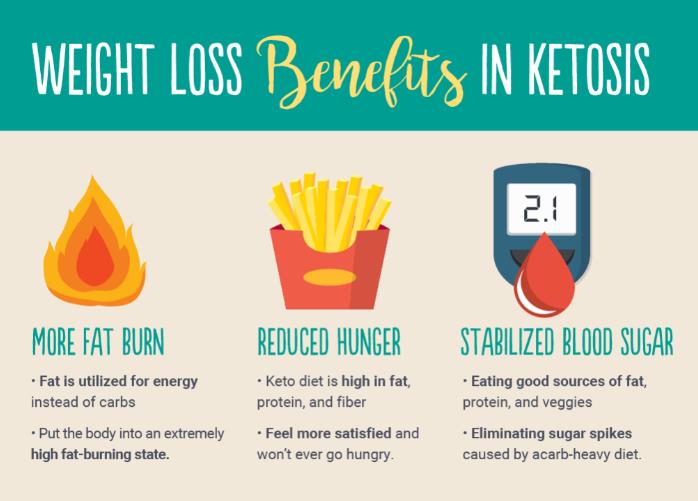 |
[TAG82]The best, and free, intermittent fasting tracking app for iPhone and Android. Easy to use. Supports all fasting types. Fast with friends. Download for Free. |
 |
[TAG83]In this video, I will address the concerns you might have about the safety of Intermittent Fasting while trying this popular dietary approach. Whether you're a |
 |
[TAG84]I'll explain why one of the most popular intermittent fasting schedules is actually not a good fit for the majority of people (even though a lot of them do it |
 |
[TAG85]Intermittent fasting involves switching between fasting and eating on a regular schedule. This type of fasting could manage your weight or even some forms of |
 |
[TAG86]#selfimprovement #lifestyle #neuroscience #betterlife |
 |
[TAG87]No doubt you’ve heard of and maybe even tried intermittent fasting since it has numerous scientifically proven benefits. But during your fasting journey, have |
 |
[TAG88]This is a detailed guide to intermittent fasting (IF). Studies show that it can help you lose weight, improve health and perhaps even live longer. |
 |
[TAG89]Since intermittent fasting is about when you eat rather than what you eat — and you get to customize the experience according to your needs, goals, lifestyle, |
 |
[TAG90]You’re just minding your business, ticking things off your to-do list (is it us, or does that thing get longer every day?), and quietly making progress. Then |
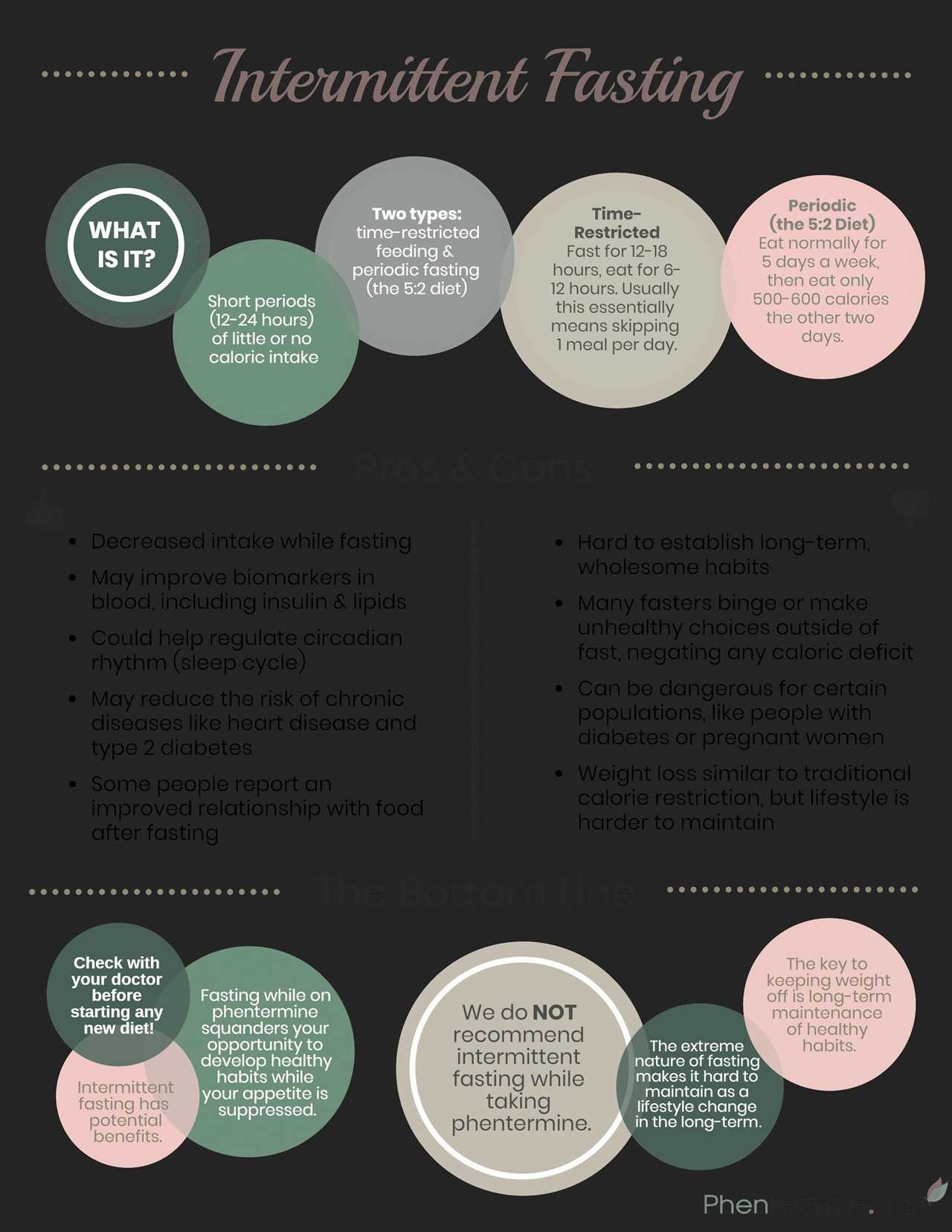 |
[TAG91]Intermittent fasting isn't new, but it's gaining followers. What's the appeal? |
 |
[TAG92]One of the biggest selling points of intermittent fasting is that it’s all about when you eat rather than what you eat. And it’s totally flexible and |
 |
[TAG93]If you’ve been thinking about starting a new diet, maybe doing a little research on the best ways to drop a few pounds, chances are you’ve come across |
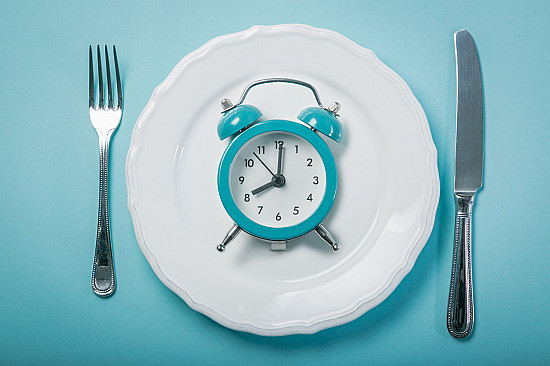 |
[TAG94]Harvard research about Intermittent fasting ... |
 |
[TAG95]IntroductionFinding the ideal balance between health, fitness, and a hectic lifestyle can be difficult in today’s fast-paced world. This is where |
 |
[TAG96]Introduction The practice of intermittent fasting (IF) has become very well-liked for aiding in weight loss and promoting health. Fewer people are aware of its |
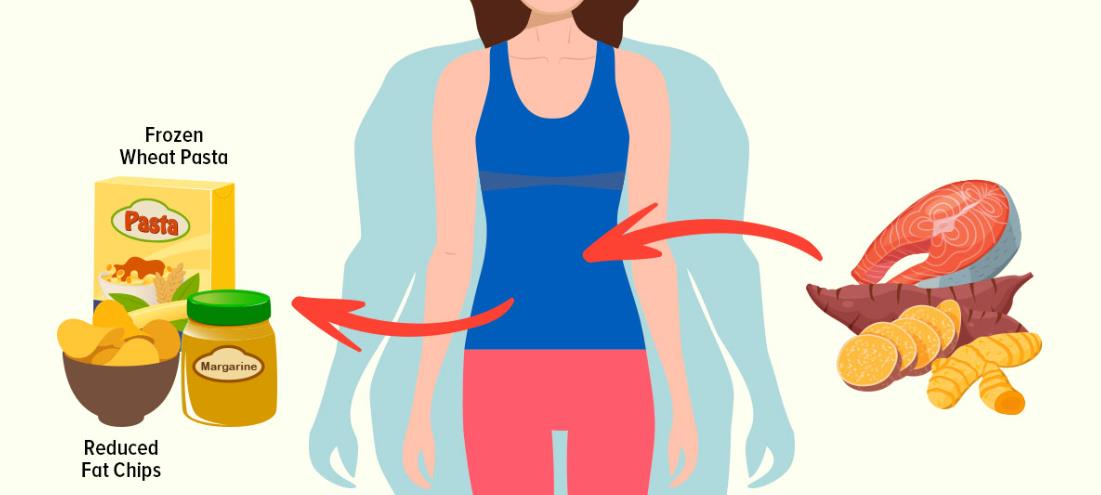 |
[TAG97]Intermittent fasting is an increasingly popular diet option for weight loss. There are several programs, but this guide can help you find out which one is |
 |
[TAG98]Introduction Recent years have seen a significant increase in the acceptance of intermittent fasting (IF) as a viable strategy for promoting longevity, better |
 |
[TAG99]Introduction Recent years have seen a significant increase in interest in intermittent fasting (IF), a dietary strategy with many potential health advantages. |
 |
[TAG100]The two-day-a-week diet: How intermittent fasting can help you lose weight and boost your health. |
 |
[TAG101]Introduction The practice of intermittent fasting (IF) has become increasingly well-liked as a means of losing weight and enhancing health. IF involves |
 |
[TAG102]There are many advantages to intermittent fasting as a strategy for weight loss. Intermittent fasting can work with any diet... |
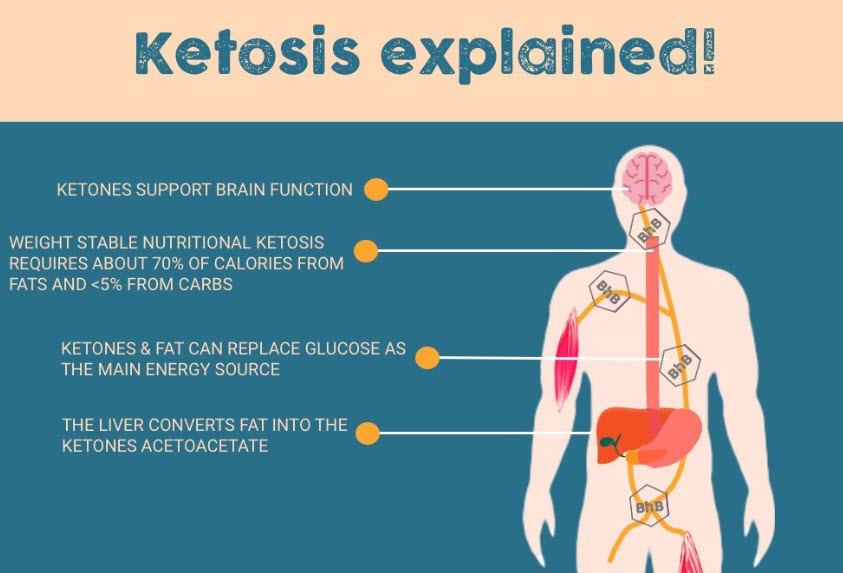 |
[TAG103] |
 |
[TAG104]Low carb diets have often been used throughout history for weight loss. Although sometimes called a fad, low carb diets have actually more science... |
 |
[TAG105]Weight gain and obesity, like any medical disease, is multifactorial. This means that there are many factors that cause weight gain... |
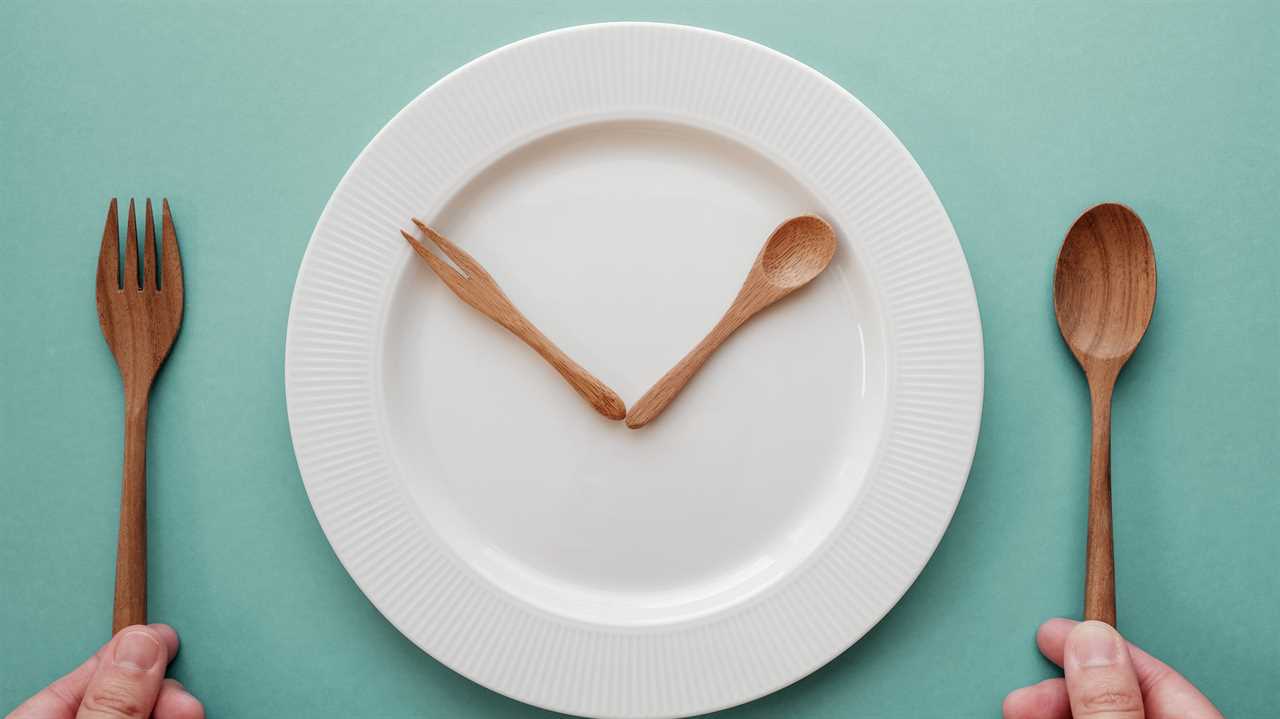 |
[TAG106]Intermittent fasting is popular, effective, and easy. This guide tells you how to get started with a successful intermittent fasting routine. |
 |
[TAG107]How do doctors lose weight? For their patients, doctors often advise following standard diets, but when trying to lose weight themselves... |
 |
[TAG108]What is the best vacation weight loss plan? Most people [...] |
 |
[TAG109]Intermittent fasting comes in many shapes and forms. This article reviews its pros and cons so you can decide if it's worth a try. |
 |
[TAG110]Previous studies have shown that a harmful combination of gut bacteria can cause high blood pressure (hypertension) in humans and other animals. Having a |
 |
[TAG111]In my TEDx talk, I suggest recasting the noxious word “diet” into D-I-E-T — a reminder to ask ourselves “Did I Enrich Today?” One of the ways we can enrich…The |
 |
[TAG112]With the holidays on us, maybe your intermittent fasting schedule isn’t as rigorous as it once was. That’s not necessarily a bad thing, because social |
 |
[TAG113]Zero’s not been my hero. Through grade school and college, zeroes used to be something of a monster in my mind. Teachers illustrated just how bad a zero is |
 |
[TAG114]I took part in an energetic discussion of intermittent fasting experiences as part of the release of Women Action Takers Who Gained By Losing for which I wrote |






